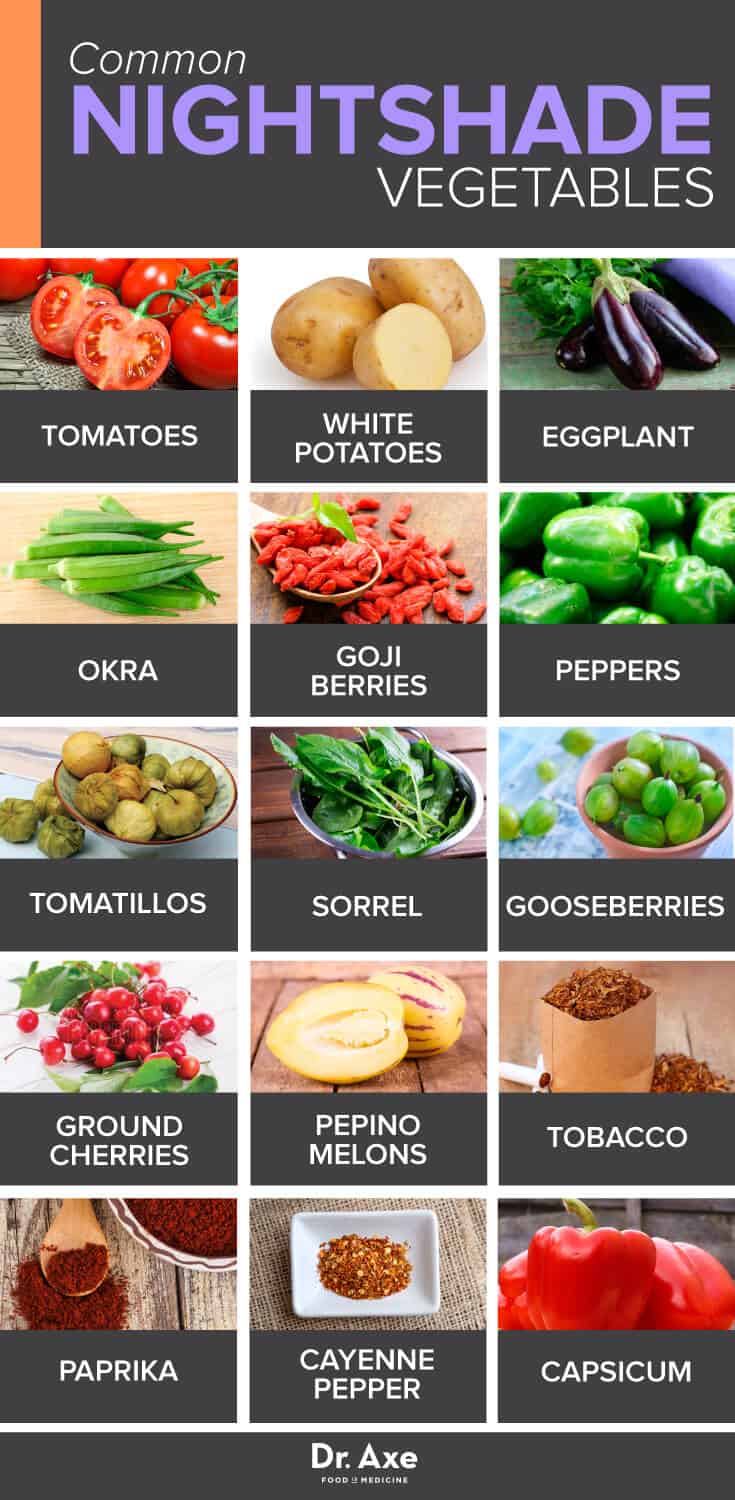As someone who’s always been conscious of their health, I’m always on the lookout for new information on what foods I should and shouldn’t eat. Recently, I came across some information about nightshade vegetables and their potential negative impact on health. I was intrigued and decided to do some research and share what I found.
Nightshade Vegetables: What Are They?
First things first, let’s define what nightshade vegetables are. The term “nightshade” refers to a group of plants that are members of the Solanaceae family. Some common examples of nightshade vegetables include:
- Tomatoes
- Peppers (bell peppers, chili peppers, etc.)
- Eggplant
- Potatoes
While these vegetables may seem harmless, there are concerns about their impact on health, particularly for those with certain conditions.
Nightshades and Health
There are several potential health issues associated with nightshade vegetables, including:
Inflammation
One of the main concerns with nightshade vegetables is their potential to cause inflammation in the body. While not everyone will experience inflammation from consuming nightshades, it’s something to keep in mind, especially for those with conditions that are already characterized by inflammation, such as arthritis.
 If you’re concerned about inflammation, it may be worth experimenting with removing nightshades from your diet and seeing if you notice a difference.
If you’re concerned about inflammation, it may be worth experimenting with removing nightshades from your diet and seeing if you notice a difference.
Autoimmune Conditions
For those with autoimmune conditions, such as lupus, multiple sclerosis, or rheumatoid arthritis, nightshade vegetables may be a concern. Some research suggests that nightshades may exacerbate autoimmune symptoms.
 If you have an autoimmune condition, talk to your doctor about whether nightshade vegetables should be avoided.
If you have an autoimmune condition, talk to your doctor about whether nightshade vegetables should be avoided.
Nightshade-Free Snacks
If you’re on the hunt for nightshade-free snacks, Wild Zora has got you covered. Their nightshade-free snacks are not only delicious, but they’re also made with clean, whole ingredients. Try their Mediterranean Lamb Jerky or Parmesan Beef Meat & Veggie Bars for a healthy, nightshade-free snack.
 It’s always nice to have healthy snack options on hand, especially when you’re trying to avoid certain foods.
It’s always nice to have healthy snack options on hand, especially when you’re trying to avoid certain foods.
Signs of Nightshade Sensitivity
While not everyone will experience negative symptoms from consuming nightshades, some individuals may be more sensitive than others. Here are some potential signs of nightshade sensitivity:
- Joint pain or stiffness
- Headaches
- Digestive issues
- Skin rashes or hives
 If you experience any of these symptoms after consuming nightshades, it may be worth experimenting with removing them from your diet to see if your symptoms improve.
If you experience any of these symptoms after consuming nightshades, it may be worth experimenting with removing them from your diet to see if your symptoms improve.
The Bottom Line
While nightshade vegetables may not be harmful for everyone, there are some potential concerns, particularly for those with certain conditions. If you’re unsure whether nightshades are causing negative symptoms for you, try removing them from your diet and seeing if you notice a difference. And if you’re on the hunt for nightshade-free snacks, give Wild Zora a try!
 Remember, the key to good health is being aware of what you’re putting into your body and making choices that work best for you.
Remember, the key to good health is being aware of what you’re putting into your body and making choices that work best for you.